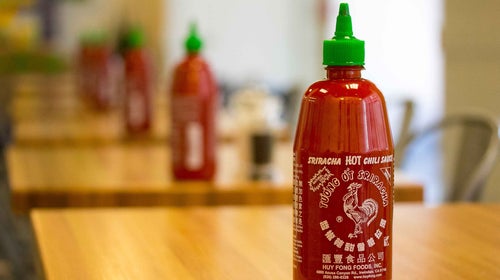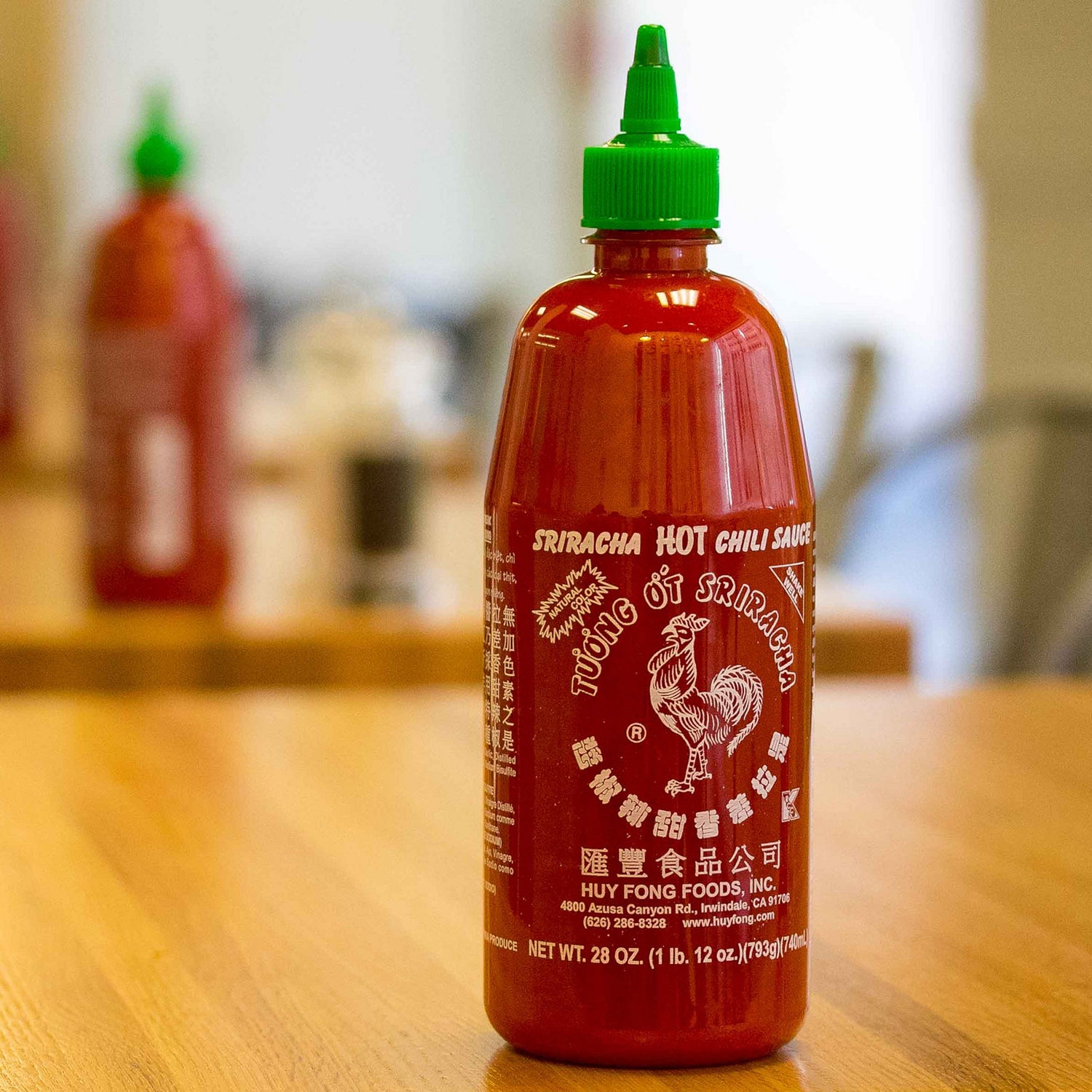A friendly reminder for all of our spice-loving readers: There is no shame in dousing your Thanksgiving feast in Sriracha. Tell your offended mother that  to your adrenaline-seeking personality.
Biologically speaking, we should all hate spicy food. BurningÔÇöand the pain that comes with itÔÇöis bad, right? “If your dog gets a little something spicy, it has a very clear negative reaction to the burning,” says Dr. Nadia Byrnes, who conducted a study on the link between personality type and spicy food. “So if we think about it from purely a biological standpoint, the more that something burns, the less you should like it.”
But that’s clearly not the case. In 2012, market research company IBISWorld included hot sauce in its list of . Huy Fong Foods, makers of our beloved “Rooster Sauce,” made $85 million in revenue in 2013.
So why are some (really, most) of us addicted to something our bodies tell us to avoid? That’s what Byrnes wanted to find out through her research. ┬á
Byrnes gave 97 participants a powerful formula spiked with capsaicinÔÇöthe ingredient found in different types of peppers. After they spit the solution outÔÇöbut before they were allowed to rinse their mouthsÔÇösubjects were asked to evaluate how badly the solution burned and how much they liked that burn. Later, subjects filled out a questionnaire designed to measure personality characteristics.
Participants with “sensation-seeking” personalitiesÔÇöpeople who like to try new experiences, says ByrnesÔÇöoverwhelmingly found the burn pleasurable. “What we think is going on is that sensation seekers tend to seek out a lot of different sensations, and not just in food. They’re probably the people who are rock climbing, who are going sky diving,” she says.
Byrnes’┬áother takeaway? Men may be more inclined to like spicy food because they think it’s manly to do so (women: commence eye rolling).
In a follow-up experiment, Byrnes gathered new subjects and separated them by sex. Each participant ate two types of capsaicin-laced strawberry jellyÔÇöa medium-hot one and another that was downright masochistic. The women who rated the jellies as delicious tended to also score higher on the sensation-seeking scale. The men who liked the super hot jellies had higher sensitivity to rewards.
“I think anyone who has male friends or has a brother, or has been witness to the manliness challenge, where it’s whoever can eat the most spicy food wins, gets this,” says Byrnes.


